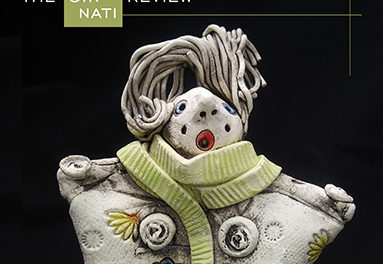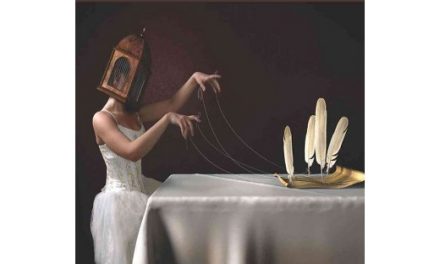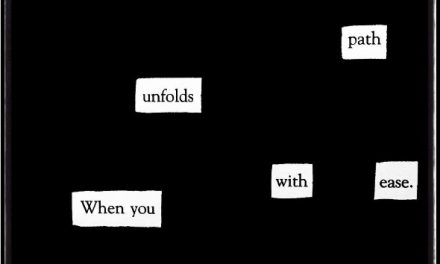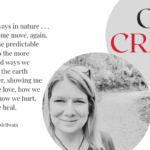We’re on a bonus-material kick, so here’s some good stuff related to our contest—statements from the readers of your many amazing entries and a bit from the winners on their moolah-worthy works.
NOTE on the POETRY: We were impressed with the formal variety of this year’s contest submissions. The things you’ve done with a page! There were sonnets, of course, and even sestinas (a few!). There were poems about water in very long lines stretched out like rivers. There was a series of LA Haiku. There were prose poems, prose poems with holes to fall (or think) in, lineated proselike poems in which every line was end-stopped. There was a “Poem as a Field of Action.” There were elegies, histories, taxonomies, narratives, and lists. There were tiny, itty-bitty, microscopic lyrics. And the content! There was a poem for Thelma & Louise and one for Charlie Chaplin. There were pomegranates, epidemics, 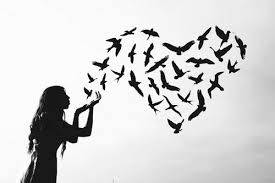 vibrators, and snow. You sent us your most romantic love poems, the finest tributes to your very best friends, your brightest joys, your deepest heartbreaks. And having to choose just one winner, for us, was the biggest heartbreak of all.
vibrators, and snow. You sent us your most romantic love poems, the finest tributes to your very best friends, your brightest joys, your deepest heartbreaks. And having to choose just one winner, for us, was the biggest heartbreak of all.
Chelsea Jennings (on her winning poem, “Elegy”): Birds appear often and with great symbolic power in elegies. Watching the birds that perch on the telephone wires outside my window or that have nested in my kitchen vent, I wondered what it might mean to live among these creatures that harbor our losses. I began to imagine every bird as bearing the weight of someone’s grief. “Elegy” is a record of the world created through that perspective—when the feeling of loss collides with the peculiar, everyday magic of birds.
NOTE on the PROSE: It was a pleasure to read so many well-crafted and accomplished stories. We got absurd and surreal stories, like the one featuring absurd postcards from D. H. Lawrence’s trip to Mexico in which Frieda has a prosthetic head. We received imaginative, magical realist stories—one starring a spell-casting farmer creating magical problems for encroaching suburbanites. You sent us meditative and emotionally moving personal essays, telling us (for example) about loving the film Father of the Bride and your conservative father when you eloped into same-sex marriage. We got lyrical and psychologically acute realist stories, like the one where a man has an existential crisis at a bird fair with a much younger girlfriend. You send us so many wonderful stories that to pick just one winner was downright traumatic. We had to do it, but we’ll never be the same again.
 Tom Howard (on his winning story, “The Magnificents”): I started with the little scene in the beginning of the story: a dumbshow in which the character of Death is savagely beaten in front of cheering spectators on someone’s front lawn, as part of an extravagant birthday celebration. And I imagined this strange middle-aged guy standing and watching, hopelessly out of place—kind of lonely, holding a bottle of meat-flavored champagne, with his head halfway in the clouds. I didn’t think this world had much use for someone like him, someone without any real talent or ambition or ruthlessness. But I liked him. And it became (among other, stranger things) a story about giving him a chance to show what he, or anyone, is really worth.
Tom Howard (on his winning story, “The Magnificents”): I started with the little scene in the beginning of the story: a dumbshow in which the character of Death is savagely beaten in front of cheering spectators on someone’s front lawn, as part of an extravagant birthday celebration. And I imagined this strange middle-aged guy standing and watching, hopelessly out of place—kind of lonely, holding a bottle of meat-flavored champagne, with his head halfway in the clouds. I didn’t think this world had much use for someone like him, someone without any real talent or ambition or ruthlessness. But I liked him. And it became (among other, stranger things) a story about giving him a chance to show what he, or anyone, is really worth.



